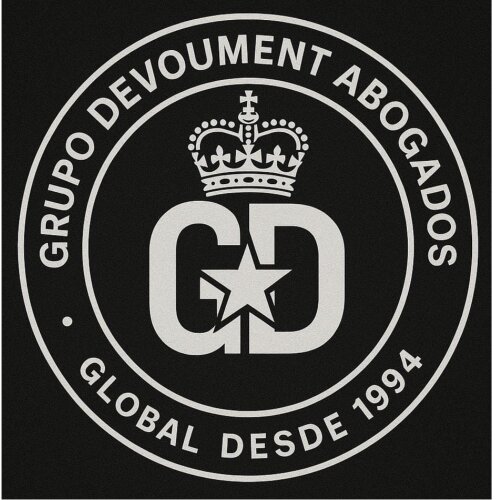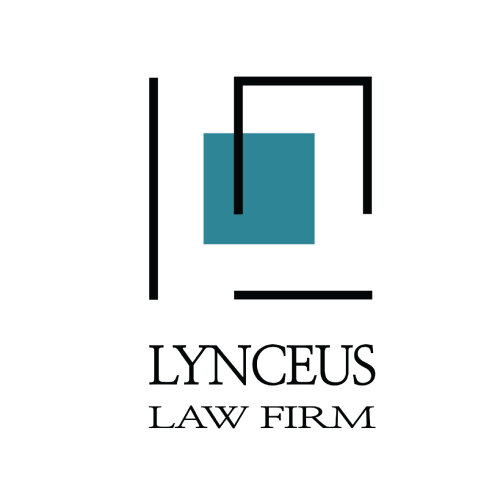Best Corporate Governance Lawyers in Colombia
Share your needs with us, get contacted by law firms.
Free. Takes 2 min.
Or refine your search by selecting a city:
List of the best lawyers in Colombia
About Corporate Governance Law in Colombia
Corporate governance in Colombia refers to the set of rules, practices, and processes by which companies are directed and controlled. The Colombian legal framework on corporate governance aims to ensure transparency, fairness, and accountability within corporations. While Colombia has adopted several international best practices, it also follows its own distinctive legal traditions. The law requires corporations to operate in compliance with their bylaws, national regulations, and ethical standards to protect all stakeholders, including shareholders, employees, customers, and the wider community.
Why You May Need a Lawyer
Many individuals and companies may need legal assistance in matters of corporate governance. Common scenarios include establishing a new corporation, drafting or amending bylaws, managing shareholder relationships, handling disputes among board members, ensuring compliance with local regulations, or carrying out mergers and acquisitions. A lawyer experienced in corporate governance can help navigate the complexities of Colombian business law, avoid costly mistakes, and develop frameworks for transparent and effective decision-making.
Local Laws Overview
Colombian corporate governance is influenced by the Commercial Code, the Superintendencia de Sociedades (Superintendency of Companies) regulations, and laws such as Law 222 of 1995 and Law 964 of 2005. These laws detail requirements for company structures, decision-making processes, disclosure obligations, and board responsibilities. Key points include:
- Companies must register and keep their information updated with the Chamber of Commerce.
- Corporations (Sociedades Anónimas) are required to have boards of directors, except for smaller companies.
- Shareholders must be granted fair treatment and access to information.
- Disclosure of financial statements and significant transactions is mandatory.
- Internal control systems and risk management policies should be in place for listed companies.
- The Superintendency of Companies monitors compliance and has authority to impose sanctions.
Frequently Asked Questions
What is the role of the board of directors in a Colombian company?
The board of directors is responsible for overseeing company management and ensuring compliance with laws and company objectives. It sets strategic direction and supervises executive actions.
Are all companies in Colombia required to have a board of directors?
No, only corporations (Sociedades Anónimas) and certain large companies are required to have boards. Other types, like Simplified Stock Corporations (SAS), can choose whether to have a board.
How are shareholders' rights protected in Colombia?
Shareholders are entitled to access key company information, participate in general meetings, and vote on major decisions. Laws ensure minority shareholders are protected against abuses.
What are the main disclosure obligations for Colombian companies?
Companies must disclose annual financial statements, relevant contracts, and any significant changes in corporate structure to regulatory authorities and shareholders.
Can foreign nationals serve on boards of Colombian companies?
Yes, foreign nationals can serve as directors, provided they meet the legal requirements established by Colombian law and the company’s bylaws.
What are the penalties for non-compliance with corporate governance laws?
Penalties can include fines, public reprimands, or even suspension of business activities by the Superintendency of Companies, depending on the severity of non-compliance.
Is it mandatory to establish audit committees?
For listed companies and certain large entities, it is mandatory to have audit committees that supervise internal controls and financial reporting.
Are there specific rules regarding conflicts of interest?
Yes, directors and company officers are required to declare conflicts of interest and abstain from participating in decisions where there is a conflict, ensuring transparency and fairness.
How often must general shareholders' meetings be held?
At least once a year, typically to approve financial statements, elect directors, and address other key company matters.
What is the Superintendency of Companies' role in corporate governance?
It acts as the primary regulatory authority, supervising company activities, ensuring legal compliance, providing guidance, and imposing sanctions if necessary.
Additional Resources
Here are some valuable resources and organizations for further information and assistance:
- Superintendencia de Sociedades: The main regulator for corporate governance issues and company registration.
- Chamber of Commerce: Regional bodies that handle company incorporation and documentation.
- Confecámaras: National association of Chambers of Commerce, providing legal guidance and resources to businesses.
- Asociación Colombiana de Buen Gobierno: Organization dedicated to promoting best practices in corporate governance.
- Legal and specialized law firms: Many offer guidance specific to corporate governance law and compliance.
Next Steps
If you are seeking legal help with corporate governance in Colombia, start by clearly identifying your specific needs or concerns. Prepare all relevant documentation, including bylaws, minutes from meetings, and corporate records. Reach out to a qualified attorney who specializes in corporate or business law. Schedule a consultation to discuss your case and receive tailored advice. For complex matters or disputes, timely legal guidance is essential to protect your interests and ensure compliance with Colombian regulations. Consider staying informed about ongoing changes in corporate laws by consulting regulatory bodies or associations listed above. Taking these steps will lay a strong foundation for good governance in your organization.
Lawzana helps you find the best lawyers and law firms in Colombia through a curated and pre-screened list of qualified legal professionals. Our platform offers rankings and detailed profiles of attorneys and law firms, allowing you to compare based on practice areas, including Corporate Governance, experience, and client feedback.
Each profile includes a description of the firm's areas of practice, client reviews, team members and partners, year of establishment, spoken languages, office locations, contact information, social media presence, and any published articles or resources. Most firms on our platform speak English and are experienced in both local and international legal matters.
Get a quote from top-rated law firms in Colombia — quickly, securely, and without unnecessary hassle.
Disclaimer:
The information provided on this page is for general informational purposes only and does not constitute legal advice. While we strive to ensure the accuracy and relevance of the content, legal information may change over time, and interpretations of the law can vary. You should always consult with a qualified legal professional for advice specific to your situation.
We disclaim all liability for actions taken or not taken based on the content of this page. If you believe any information is incorrect or outdated, please contact us, and we will review and update it where appropriate.
Browse corporate governance law firms by city in Colombia
Refine your search by selecting a city.















